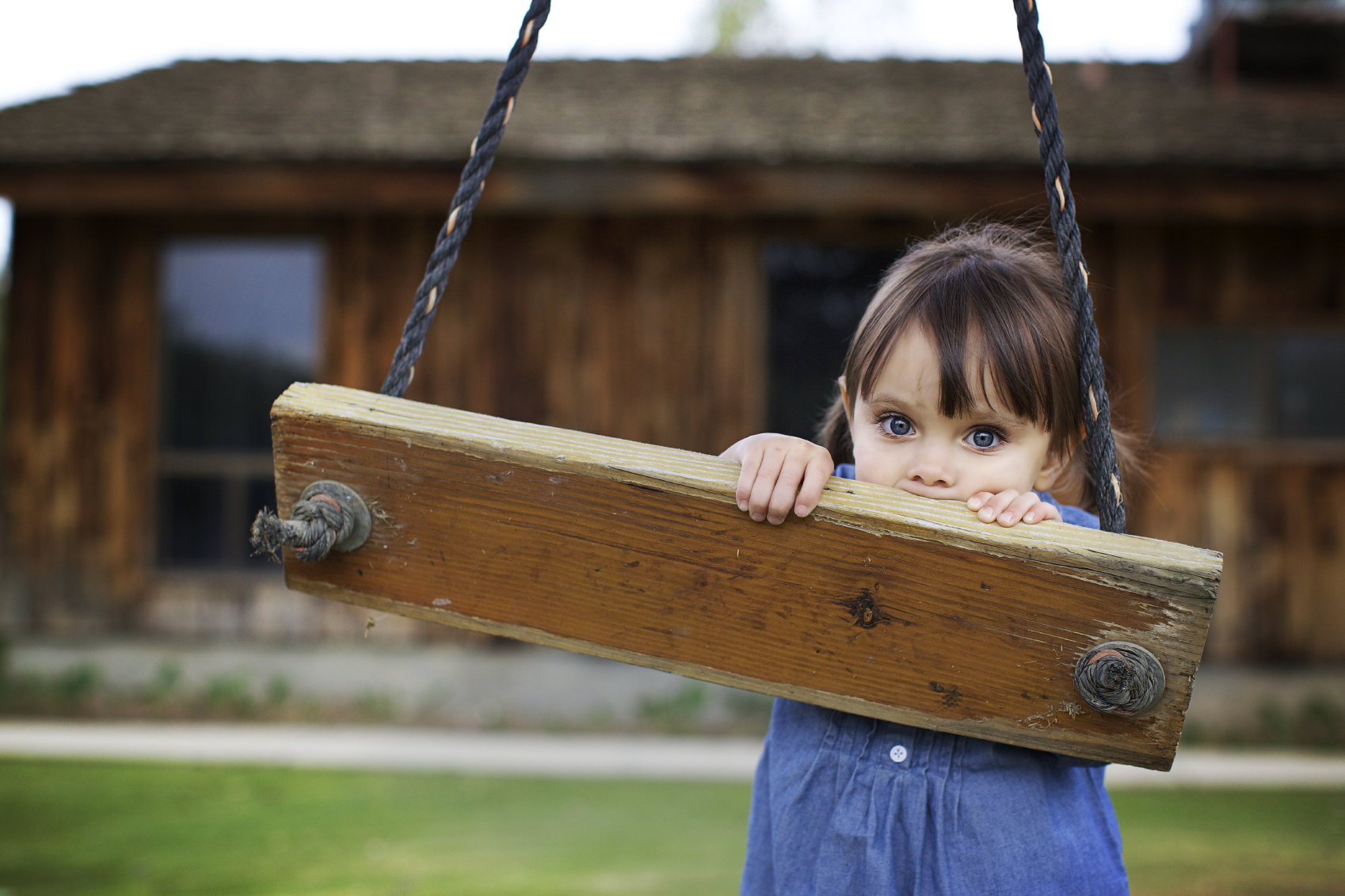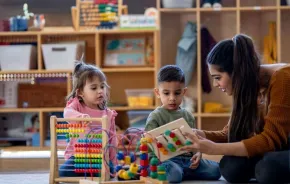

Q: If my child is happy without close friends, should I force social interactions outside of school and regular activities, or just let them be? How do I help my introverted, elementary-age child make friends?
A: Isn’t it wonderful how children come to this world with such varied personalities and strengths? Some children weave a web of friends as soon as they can smile, while other children don’t easily form strong connections to peers. Every individual style brings diversity to the rainbow of human personalities. An important task of development is learning about one’s own strengths and weaknesses. This helps us find a path that feels right across a lifetime.
Prepare the child for the path, not the path for the child.
That said, just because a child has some areas that aren’t as natural, doesn’t mean it’s wise to wholly avoid those areas. Resilience comes from knowing you will be okay, even if an environment doesn’t play to your biggest strengths.
I love the quote “Prepare the child for the path, not the path for the child.”
Efforts that help an introverted child’s eyes become more open to the social world are helpful. Every evening, a parent may casually inquire about whom the child played with at recess or did anybody do anything funny in class today, etc. These conversations can help shift the child’s focus toward social dynamics as long as the conversations are a low-key part of family interactions.
Consider finding social activities that suit your child’s temperament. You may have thought your child would love playing on a soccer team, but an afterschool Lego program or drama class may be a better fit. These activities provide a chance to gain confidence in group environments, too.
A one-on-one playdate also is a reasonable choice. Many parents whose children struggle socially prefer to initially host playdates. At the child’s own home, a parent can provide structure (a shared baking activity or an art project), if needed, and offer support or redirection if their child seems to be losing steam. Keep playdates short, to start. One hour is a good duration, especially after the school day.
If being comfortable with peers is a real struggle, consider talking to the school counselor. Some counselors host a “lunch bunch” or other get-together groups with children practicing peer interactions in a supportive environment with in-the-moment coaching. Teachers can also be a resource and may place your child with peers who might be good at welcoming a shier individual. There are also counselor-led social-skills groups in the area, and Seattle Children’s Psychiatry and Behavioral Medicine Department periodically offers the Making Friends Social Skills Group.











